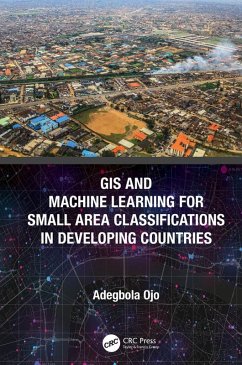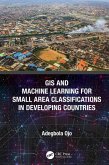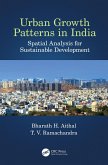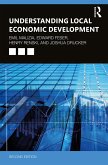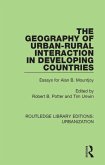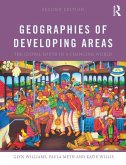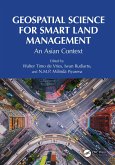This book exposes researchers, practitioners, and students to small area segmentation techniques for understanding, interpreting, and visualizing the configuration, dynamics, and correlates of development policy challenges at small spatial scales. It presents strategic and operational responses to these challenges in cost effective ways. Using two developing countries as case studies, the book connects new transdisciplinary ways of thinking about social and spatial inequalities from a scientific perspective with GIS and Data Science. This offers all stakeholders a framework for engaging in practical dialogue on development policy within urban and rural settings, based on real-world examples.
Features:
- The first book to address the huge potential of small area segmentation for sustainable development, combining explanations of concepts, a range of techniques, and current applications.
- Includes case studies focused on core challenges that confront developing countries and provides thorough analytical appraisal of issues that resonate with audiences from the Global South.
- Combines GIS and machine learning methods for studying interrelated disciplines such as Demography, Urban Science, Sociology, Statistics, Sustainable Development and Public Policy.
- Uses a multi-method approach and analytical techniques of primary and secondary data.
- Embraces a balanced, chronological, and well sequenced presentation of information, which is very practical for readers.
Dieser Download kann aus rechtlichen Gründen nur mit Rechnungsadresse in A, B, BG, CY, CZ, D, DK, EW, E, FIN, F, GR, HR, H, IRL, I, LT, L, LR, M, NL, PL, P, R, S, SLO, SK ausgeliefert werden.

